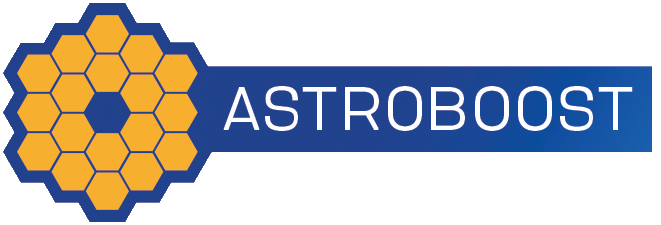Outreach Survey
The RAS-led AstroBoost survey asked astronomical societies in the south-central region about their members’ motivations, aspirations and barriers to outeach. This was the first such survey ever conducted in the UK.
Survey findings have been useful in planning future AstroBoost projects, and may also be helpful for individual societies preparing their own funding proposals.
The surveyed region was Dorset, Hampshire, Surrey, Sussex and the Isle of Wight, plus Reading and Newbury (this approximates the Southern Area Group of Astronomical Societies). The response rate was 100%.
Main findings:
Societies reported between 10 and 350 members, with a median of 55.
Almost all societies (90%) considered public engagement to be an important part of their activity.
Most societies (67%) had this aim enshrined in their constitution or otherwise formally documented.
A large majority of societies (90%) had been active in public engagement over the previous year.
In all but one case, activity was driven by a small core of members. Most (80%) of these societies reported the support of additional members when required.
Together, the 30 societies had an estimated audience of 19,865 non-members over the past year.
A broad range of audiences and activity types were involved.
The most common audiences were “general public” and groups (school or otherwise) with children aged 5-11yr. The most common activity types were talks (89% of active societies), use of telescopes at night (89%) and naked-eye stargazing (74%). Formal activities such as courses (22%) and workshops (22%) were less common.
The most commonly-mentioned motivation for this work was the enjoyment of sharing a love of astronomy (60%). The importance of education (40%) and recruitment of new members (23%) were the other most common motivations.
Most societies aspired to increase their public engagement activity (63% of all societies). There were a range of ideas for potential audiences and activity types. Four societies aspired to establish an observatory.
The most commonly-stated barrier was lack of willing-and-able society members (67%). Money and equipment (19%) was another important factor.
The AstroBoost outreach survey was funded by a STFC Spark Award.

